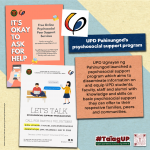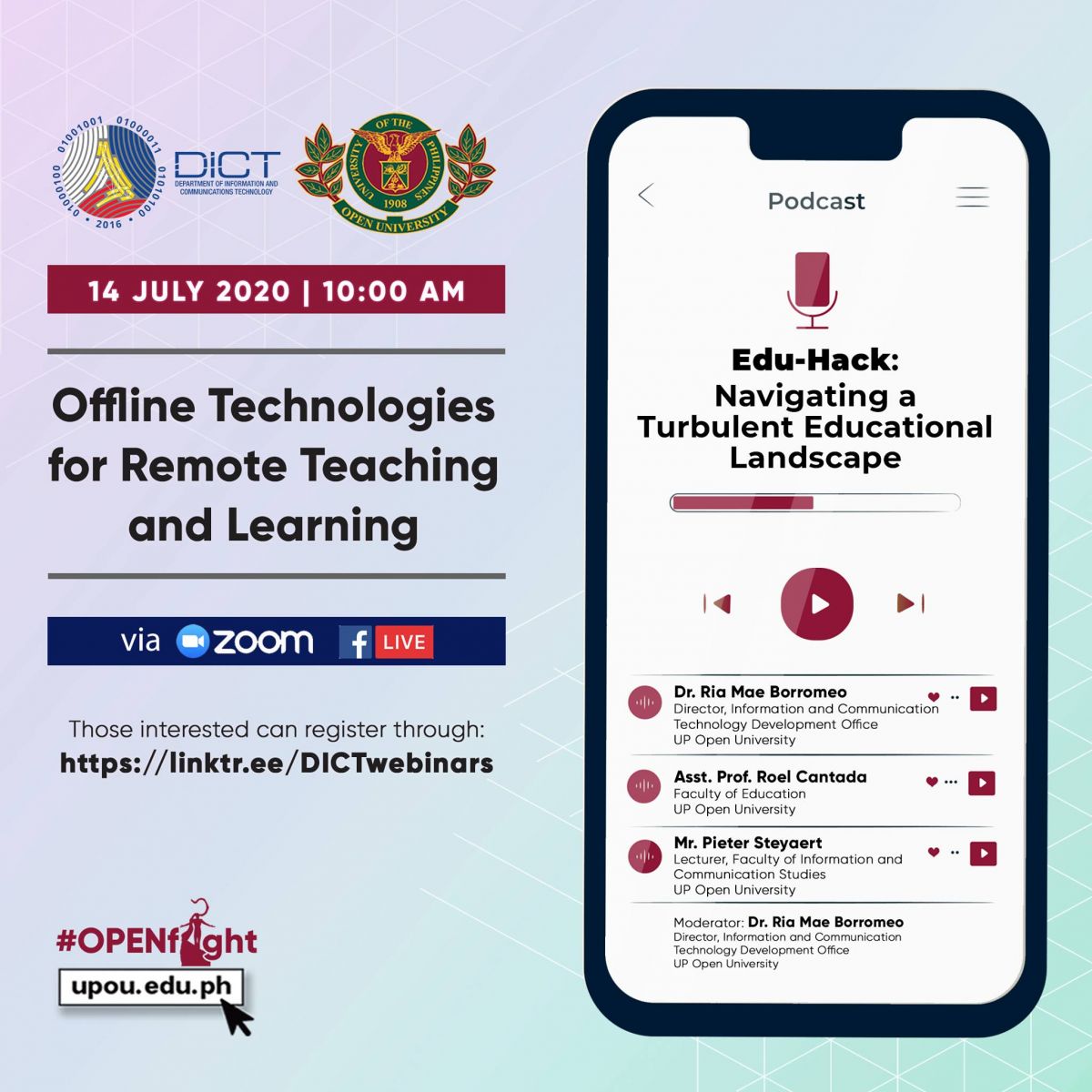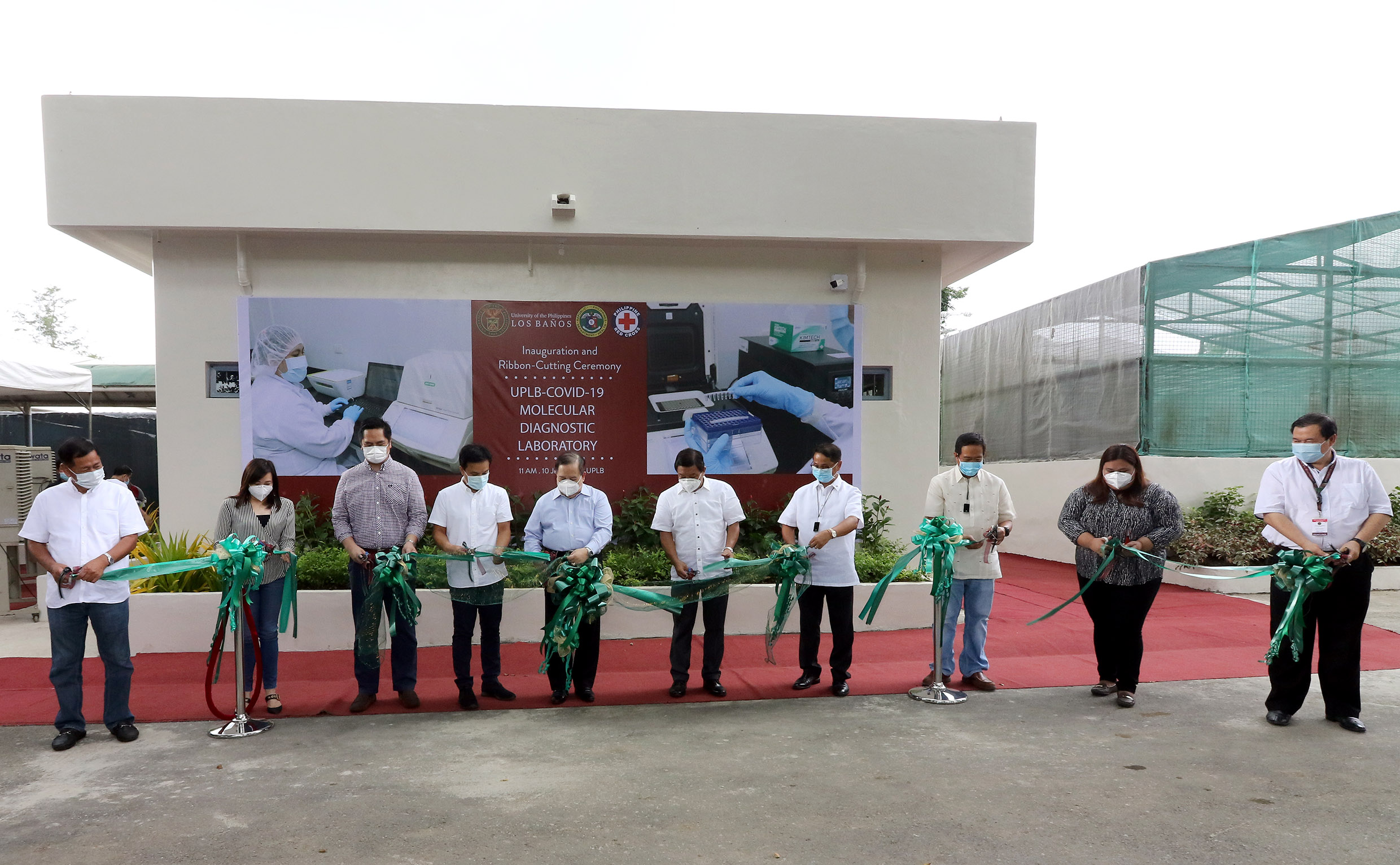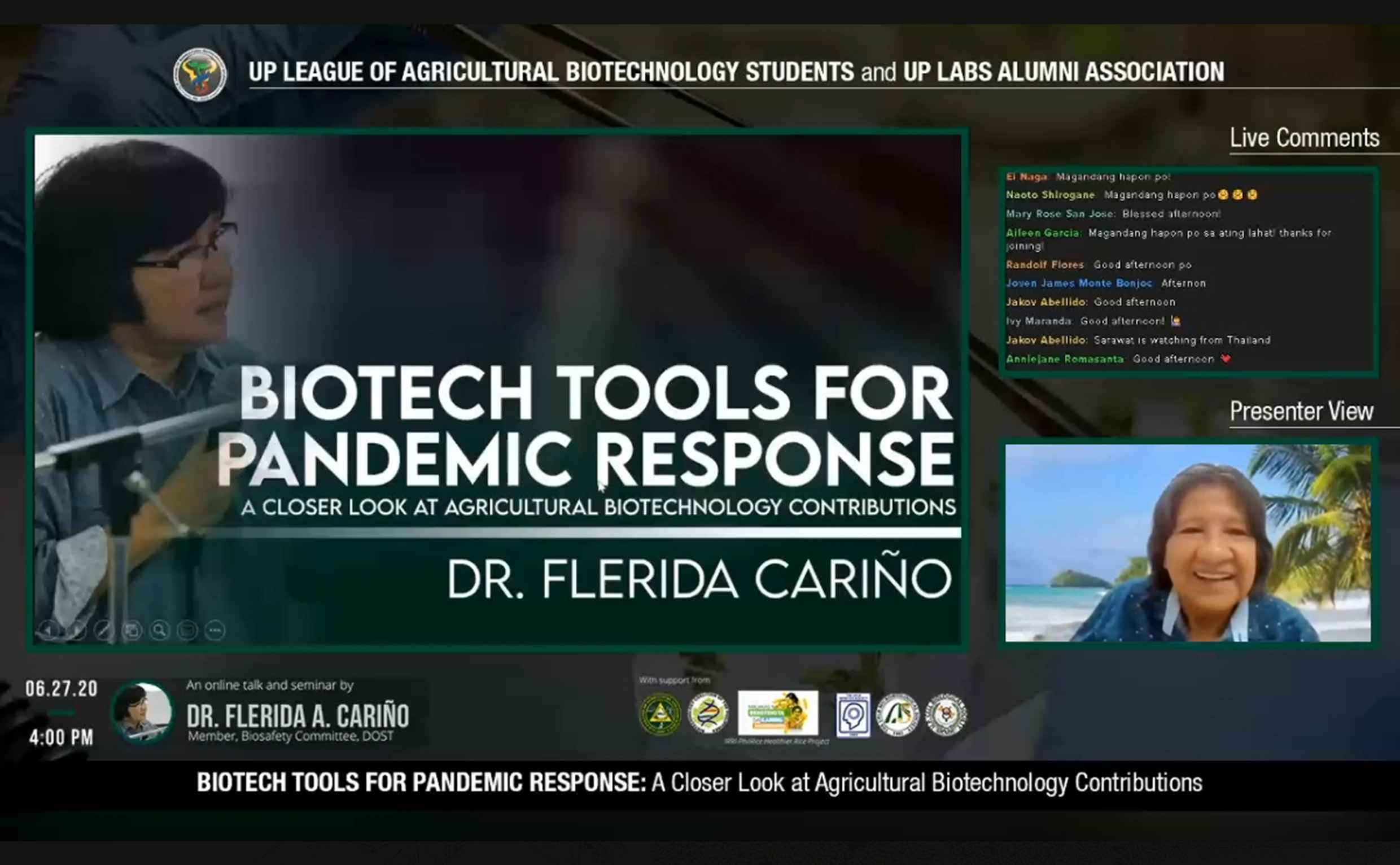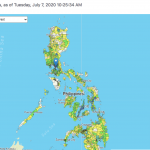UP CoPES is the system-wide umbrella committee for various psychosocial support programs being implemented by Pahinungod in UP’s constituent universities. It has three working areas: kamalayan (awareness promotion); ugnayan (setting up referral mechanisms, partnerships, support); and, kasanayan (training volunteers who can, in turn, also train others).
With the Ugnayan ng Pahinungòd celebrating its first year of reactivation under UP President Danilo Concepcion, as the official volunteer service program of the UP System, Pahinungòd Constituent Universities can now also collaborate through UP CoPES to coordinate and improve the psychosocial aspect of their volunteer and public service efforts. Through this body, UP’s CUs may combine their strengths to provide swift, robust solutions to emergencies, as well as to share best practices in training and public service.

